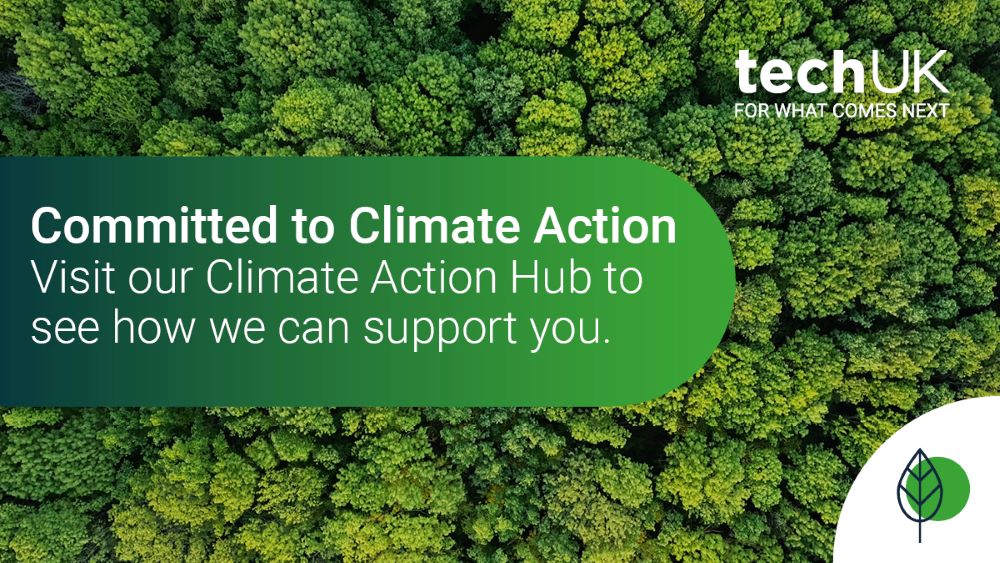Guest blog: Decarbonising the last mile: a shared endeavour
Road transport accounts for over 10% of global emissions and this is rising faster than any other sector. Last mile delivery risks being a growing contributor to this; the segment is projected to grow 78% globally by 2030. Stuart is Europe’s leading on-demand urban logistics platform, delivering millions of packages for thousands of clients across hundreds of cities. Our challenge is to minimise carbon emissions by deploying the lowest carbon fleet possible, as efficiently as possible, across the last mile logistics chain. There are several technologies that will help us do this. Here are some of the key ones we have identified:
Stacking and pooling demand
Stuart’s rapid delivery service is built on our proprietary logistics platform that connects clients to independent couriers and is optimised to ensure every individual package travels the most efficient route. Sufficient demand also provides the opportunity to extend algorithm logic to pool together, in real time, unrelated packages with appropriately overlapping locations and delivery time windows. Stacking in this way can reduce effective distances per package even further, as well as making better use of vehicle load capacities.
Rapid charging and battery swapping
The transition to electric vehicles is clearly underway, but there remain barriers to adoption. Range is the most obvious, since many electric vehicles cannot be driven for a full day without having to recharge. In the long term, improvements in battery storage technology will likely overcome this, but in the short-term rapid charging and battery swapping technology developments can provide solutions that reduce vehicle downtime, maximising their usage and financial viability.
Financial innovations
Cost is another barrier for couriers looking to go electric. Last mile and shared mobility operators cannot necessarily afford the cost of mainstream electric vehicle solutions, which tend to require higher upfront costs. However, improved use of data and new financing models can allow users to deploy their capital more efficiently (e.g., pay per mile) and lenders to better assess the ability of debtors to repay.
Tailored vehicle design
Operators also need not be limited to mainstream electric vehicle solutions. New electric cargo bikes and light cargo vehicles are being developed that better match the requirements of urban last mile delivery. It is not only the Ferrari crawling through traffic that is a waste of resources. So is the electric van that is half empty and never gets above 30mph in the city. Better matching vehicle specifications to the last mile use case can avoid this excess consumption and minimise emissions, as well as congestion.
Mobility as a Service
Just as shared mobility has the potential to reduce carbon emissions, so does shared logistics. The emerging, data driven, Mobility as a Service providers (e-bikes, e-mopeds, e-cars) not only serve to increase the adoption of low carbon transport. They also provide a flexible and easily accessible transport resource that can be deployed across both mobility and last mile logistics as demand dictates, thus maximising the efficient usage and allocation of those resources.
By supporting and connecting these developments, we can together deliver a last mile ecosystem that is shared, efficient, reliable, and sustainable.

Author:
Will White, Program Manager, Sustainability at Stuart as a part of techUK's Future of Mobility Campaign Week
To read more from Future of Mobility Campaign Week check out our landing page here.
techUK - Committed to Climate Action
techUK provides opportunities for our members to showcase climate tech innovation. Members are invited to speak at events, contribute to reports, write blogs, run webinars, and take part in podcasts that support their work and environmental action. We strive to help members get broader exposure and amplify the sector’s commitment to sustainability. To discuss how we can support you, please visit our Climate Action Hub and click ‘contact us’.



